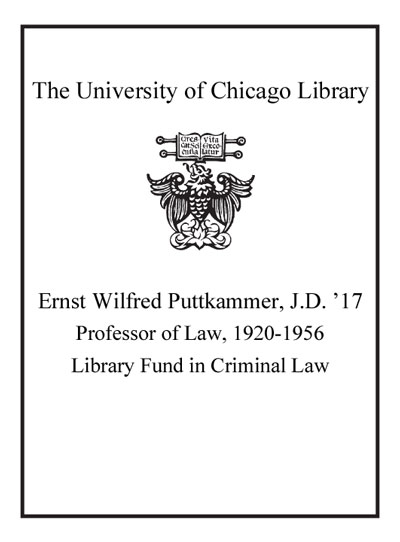Review by Choice Review
Hagan (Northwestern Univ.), one of the world's leading sociologists, explores the basis of modern US crime policy from the early 20th century to the present. He shows that during this period, the US had two distinct views on crime and crime policy, and examines each in historical and political context. In the Roosevelt era, crime and crime policy was conceived of in terms of structural factors and the shortcomings of individual and institutional controls. In contrast, crime policy in the Reagan era asserted that some people by their very natures are "criminal" (e.g., the "career criminal"), unredeemable, and best handled through long-term incarceration. The era's free market ideology that led to deregulation in turn produced a gargantuan increase in white-collar crime. These policies, Hagan argues, have been utter failures, leading to a massive and expensive expansion of imprisonment with little impact on crime, and to deregulation that has contributed to the injury of millions of people. Thoughtful readers should reflect on the author's eminently sensible and workable suggestions for redirecting the nation's crime policies so that they are both more effective and less expensive. If someone has time to read only one book on contemporary crime and crime policy, this is the book. Summing Up: Essential. All levels/libraries. M. M. Feeley University of California, Berkeley
Copyright American Library Association, used with permission.
Review by Choice Review


